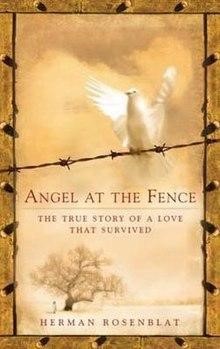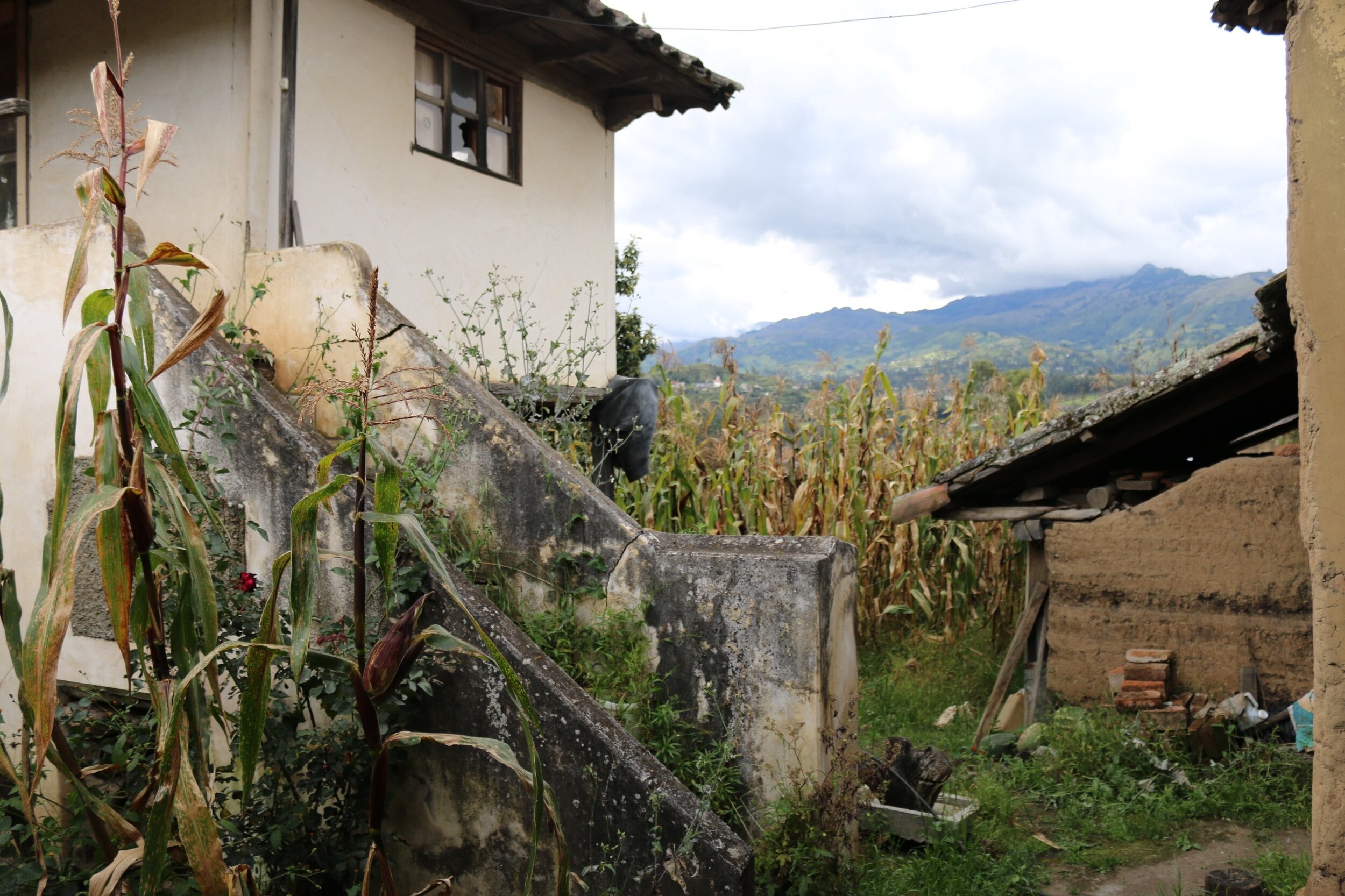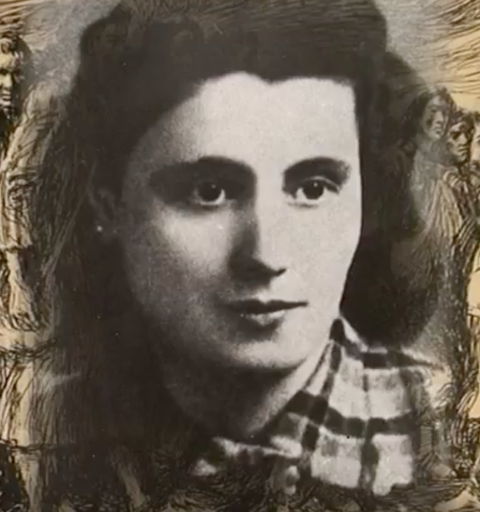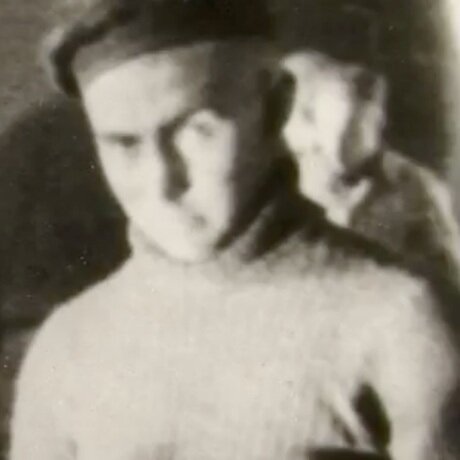Dr. Alexis Pauline Gumbs listens for a living: the mission of her work is to “create infinite ways to facilitate listening.” The renowned black feminist scholar and poet shared with us how she approaches listening to herself/body/spirit, to artistic inspiration and to others during her November 7th “"Necessary as Water": Queer Black Ceremony and the Depth of Listening” workshop. She also facilitated a listening “Oracle Circle” for audience members. Gallant Zhuangli, a Barnard College senior and oral history enthusiast, was inspired to lead an “Oracle Circle” of her own in an effort to better understand and reflect on Dr. Gumbs’ innovative listening practices.
Read More“Creating a Dark Space”: Listening to and Prioritizing Intuition
A screenshot from the 2001 Harry Potter and the Sorcerer’s Stone movie scene in which Hermione says getting expelled would be worse than getting killed. Harry, a kid with black hair and round glasses, and Ron, a red-head, are looking off-camera as Hermione storms away. Ron’s words are captioned: “She needs to sort out her priorities.” Photo credit: Warner Bros.
What do a 4 am wake-up time, the base of a pyramid, and the origin of a mathematical graph have in common? In Liu Chen’s post on the workshop led by Dr. Alexis Pauline Gumbs, they reflect on priorities in oral history practices, intuition, and the value of darkness.
Read MoreJeremy Bentham’s Tape Recorder: Being As Useful As Possible In Oral History
A modified painting by Henry William Pickergill depicting Jeremy Bentham, a large, distinguished-looking white man with long hair sitting down in front of a black background. To the left of him is a photoshopped image of a small tape recorder, with some books placed behind.
Hi, I’m Zack Daniel Schiavetta, of the 2020 OHMA cohort, and for this blog post I’m writing about applying utilitarian ethics, which seeks to provide the maximum good for the greatest number of people, to oral history to make the field accessible to as many people as possible.
Read MoreOral History as Ceremony and Ceremony as Oral History
Lucky Team Studio/Shutterstock.com
On October 24, Dr. Kahente Horn-Miller, of the Mohawk Nation, gave a powerful sharing about her ancestors, culture, and connection to the earth through monologue, song, and dance during the presentation of Standing with Sky Woman: A conversation on cultural fluency. In this post, current OHMA student, Francine D. Spang-Willis, considers the method of transferring Indigenous knowledge to both Indigenous and non-Indigenous peoples through storytelling as an oral history method. She also explores oral history as ceremony and ceremony as oral history.
Read MoreWho are our ancestors? Lessons from Animism
Photo by Łukasz Maźnica on Unsplash
In this high definition photo there is an old stone building that looks like a temple, which takes up most of the frame; the stone has moss, plants, and moisture discoloration. A dirt or sandy path leads to an opening in the building which is rectangular and opens to a very dark entrance you cannot see beyond. There seems to be no moving door. Covering this old structure are white and gray roots, it looks as if the roots come from the sky and cover most of the building before reaching the ground. The photo was taken in Cambodia.
Oral history has been a practice in academic spaces for a short time, but has existed in indigenous cultures and oral traditions for many, many years. Dr. Alexis Gumbs @alexispauline explores in she work topics such as: elders, listening, embodiment and even learning from marine mammals. Noor Alzamami takes a deeper look at the connections between animism and oral history in this post after reflecting on Dr. Alexis Gumbs presentation.
Read MoreNewest Americans and Resurrecting Oral History from the “Chamber of Death”
During the second OHMA workshop, Newest Americans: Stories from the Global City, co-founder and director Tim Raphael presented an exciting possibility for the activation of oral history archives: collaborative multimedia and social media platforms. In this blog post, Thu Anh Le explores the unique nuances of this creative storytelling process with the reflection of her advocacy works in Vietnam, and contemplates further implication of oral history as a discipline that challenges our current understanding of academic legitimization and epistemology.
Read MoreWho Has the Right to Tell a Story?
A black and white photograph of Downtown Manhattan taken from the Empire State Building. It was March 2018, a cloudy day in New York. The fog blurred the skyscrapers in the Financial District. There are no humans in this picture, just buildings.[1]
In this piece, current OHMA student Eleonora Anedda (2019-2020 cohort) wanders around the ethics of storytelling. Her post was inspired by Tim Raphael’s presentation on his ongoing project Newest Americans, and its multimedia oral history archive.
Read MoreThe Truth of the Apple


Intro: Stories of survival, hope, and love have helped shape the narratives of Holocaust survivors. But what happens when what we perceive to be the truth is actually a lie? In this post, current OHMA student, Elizabeth Jefimova, will discuss the role of truth and accountability in oral testimonies when faced with portions of narratives that are fabricated.
Read MoreDecolonizing to Re-indigenize
Photo credit: Anahí Naranjo
An old home in a maize plantation outside of Guaranda, Ecuador. This is the home my mother grew up in.
Intro: Dr. Nēpia Mahuika’s September 26th workshop titled “Oral History and Indigenous Peoples: Rethinking Oral History, Methods, Politics and Theories” highlighted the intricate histories and traditions of indigenous communities that the academic field of oral history has begun to recognize. Dr., Mahuika is the author of soon to be published book Rethinking Oral History and Tradition from the Oxford University Press.
Read MoreEarning the Privilege to Listen
Source: https://www.success.com/how-to-speak-well-and-listen-better/
An illustration of two silhouettes, facing opposite directions, each with their own dialogue bubble. One silhouette is surrounded by a green background and the other is surrounded by a red background.
On October 3, OHMA alumna Emma Courtland presented her thesis, Finding Fathers: A Cautionary Tale for Oral Historians, including audio that highlighted the ways in which her personal journey paralleled those of her narrators. In this post, current OHMA student, Jennie Morrison, considers what it means for oral historians to share pieces of themselves with their narrators, as well as how that shapes the listening process.
Read MoreGrant Me Serenity: A Case Study on How Alcoholics Anonymous Influences Life-History Storytelling
My father’s ten-year AA chip. It is a round gold coin with the words, “To thine own self be true,” around the edge. Inside is a large triangle with one word on each side. The words are: unity, service, recovery. In the center of the chip is a large X (Roman numeral 10).
Current OHMA student Lily Doron tries to understand how Alcoholics Anonymous, and 12-Step programs in general, train participants to reframe their life narratives in ways that promote healing, foster connection, and, hopefully, keep people sober. She brings these questions from OHMA’s workshop with Emma Courtland to an interview with her father, an alcoholic who is currently 12 years sober.
Read MoreImpediments
Samantha Greenspan discusses the power of words, the value of listening, and issues of legibility and marginalized languages. This blog post was inspired by Dr. Nēpia Mahuika’s workshop “Oral History and Indigenous Peoples: Rethinking Oral History, Methods, Politics and Theories.”
Read MoreWe Speak the Same Language, We See through Different Tongues
Credit to Imgur: https://imgur.com/gallery/ocClU
An image from the film The Arrival of the written language of an alien group—one that exists based on symbols and functions with regard to past, present, and future simultaneously. It resembles a black inkblot that swirls into a circle.
Languages don’t just dictate who we talk to, they shape the way we think. Current Columbia College student Amanda Ong considers the how the languages we speak mold the way we learn to see and navigate the world, even when we are not speaking them.
Read MoreThe Journey of a Story
Photograph of a woman standing in the middle of a group of trees. The sun is shining directly on her, making a glowing circle around her. Her face is turned up to look towards the light.
Telling someone else’s story is a lot of responsibility. After collecting narratives, oral historians often have to decide how to make that story accessible to the public. In Dr. Tim Raphael’s recent workshop talk, he called this process “activating the archive.” In this post current OHMA student, Lauren Instenes, will discuss the complexities of this process by taking you on the journey of a story she previously attempted to “activate.”
Read MoreThe Most Unlikely Love Story
Stories never stop being created, even in the most unlikely of places. Drawing on oral history testimonies from Auschwitz prisoners, filmmaker Michal Bukojemski, creator of The Auschwitz Chronicles, uncovers a most unlikely love story.
Read MoreWhen the “Brick City” becomes the “New Jerusalem”
Photo Credits: City of Newark
Image Description: Cars whizz by in one of the most vibrant and active intersections in downtown Newark, NJ.
Newark, New Jersey isn’t just a place for looking back; it’s also for looking forward. Current Columbia College student Kyra Ann Dawkins wrestles with her expanding understanding of Newark beyond her family’s story and into the broken and beautiful narratives of the hyperdiverse city.
Read More“[unintelligible]” : (thoughts on intralingual subtitling)
In this post, filmmaker and current OHMA student Storm Garner discusses the practice of subtitling accented or non-normative spoken English in documentary filmmaking and video presentations of oral history.
Read MoreLessons from the Belfast Project
Current OHMA student Anne Cardenas discusses Patrick Raden Keefe’s book, Say Nothing, and issues of security in oral history and journalism, inspired by Dr. Sam Redman’s April 4 workshop “Oral History and Archives: Voice, Storytelling, and Narrative in Historical Research.”
Read More“Keeping Oral History Alive” —— Diversity in the Application of Oral History
In this post, based on Lorina Barker’s presentation, current Oral History MA student Lizzie Li discusses the diversity of oral history in real practice.
Read MoreIndigenous scholar’s work informs new Columbia University + Wikipedia Initiatives
In this reflection on Dr. Lorina Barker’s recent lecture at OHMA, Wikipedia Fellow and Wikimedian-In-Residence Darold Cuba explores how scholars and academics can decolonize and indigenize public spaces through scholarship, exemplified by new wiki initiatives incubated at the Columbia University Libraries, WikiHMCi & WikiHBCU/DIO.
Read More




![A black and white photograph of Downtown Manhattan taken from the Empire State Building. It was March 2018, a cloudy day in New York. The fog blurred the skyscrapers in the Financial District. There are no humans in this picture, just buildings.[1]](https://images.squarespace-cdn.com/content/v1/50d0a18de4b07abde41656e7/1574204315841-51CKE5U0MJXHAP3RX74Z/Ele.jpg)









